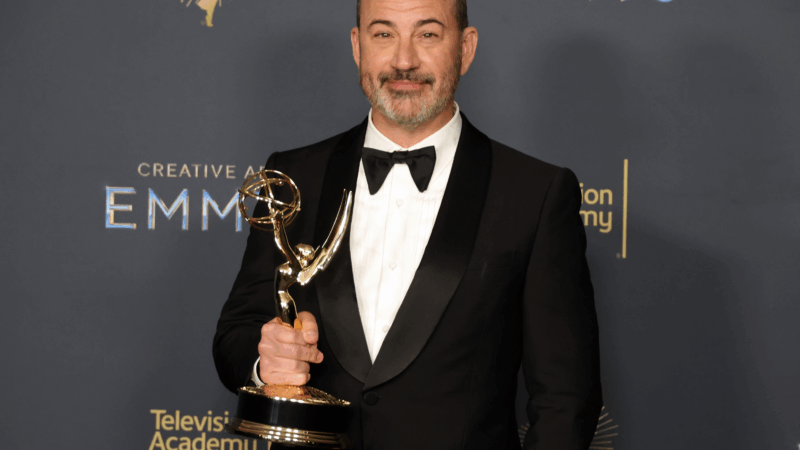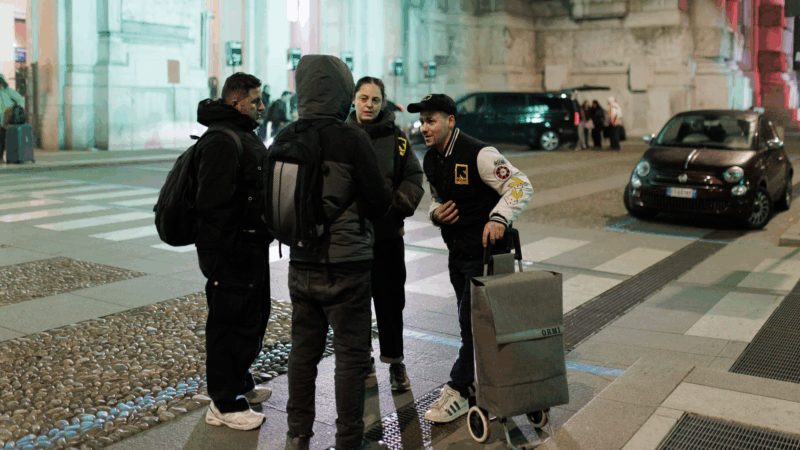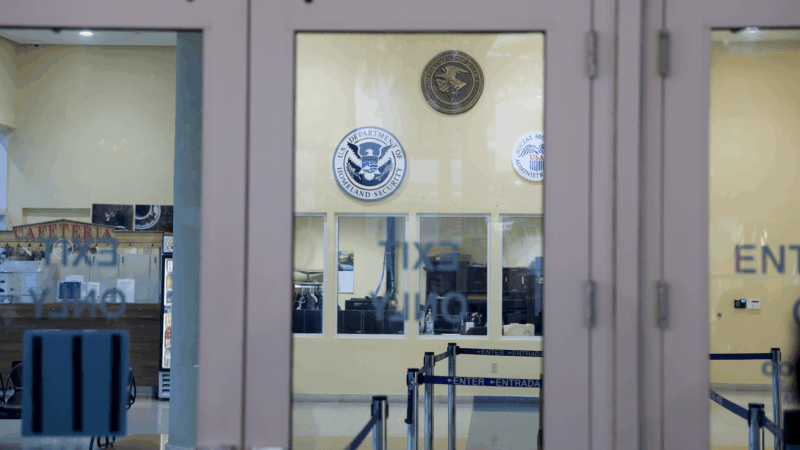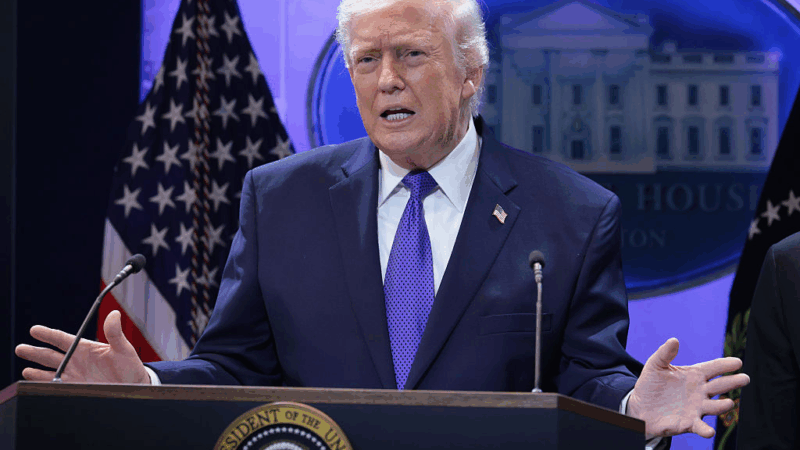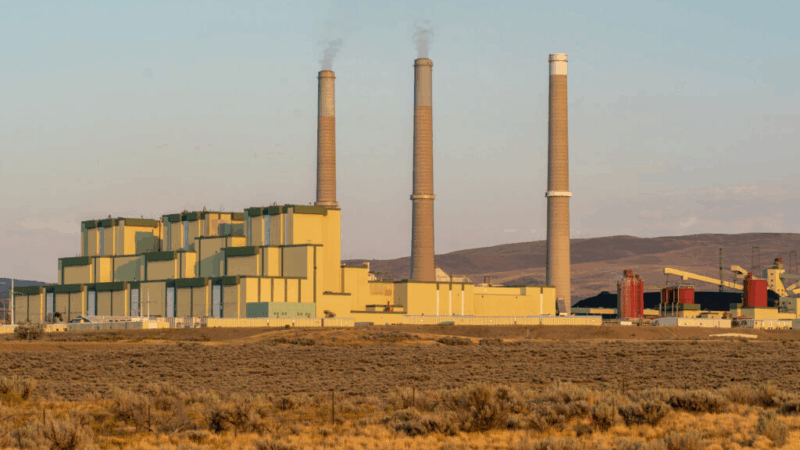Legal experts say pulling Jimmy Kimmel from air may amount to illegal ‘jawboning’
As First Amendment scholar Evelyn Douek watched the news unfold of ABC yanking Jimmy Kimmel from air, she was aghast: “The hypocrisy is enough to give one vertigo,” she said.
It’s shocking to Douek, because she is a close-watcher of what’s known as “jawboning,” when regulators or government officials pressure private actors, like a social media company or broadcast network, to stifle speech. The libertarian Cato Institute calls the practice “censorship by proxy.”
For years, Republicans excoriated social media platforms over their belief that the Biden administration overly pressured Twitter and Facebook to remove Covid misinformation. It spurred a constant drumbeat of online attacks, Congressional subpoenas and hearings in Washington.
Now, the Trump administration’s Federal Communications Commission appears to have bullied ABC into dropping Kimmel, said Douek, a professor at Stanford Law School. She said it makes social media companies’ removal of Covid-related posts at the request of government officials “gentle by comparison.”
The Kimmel episode follows CBS’ cancellation of Stephen Colbert’s The Late Show, which often pilloried President Trump. Together, the incidents have intensified concerns among free speech experts that the Trump administration is using the extraordinary powers of the federal government to muzzle political speech.
FCC Chairman Brendan Carr, who in 2020 called political satire one of “the oldest and most important forms of free speech,” wrote on X on Thursday that broadcast stations have “long retained the right to not air national programs that they believe are inconsistent with the public interest, including their local communities’ values.”
Gigi Sohn, a former senior advisor to the FCC under President Obama, said Kimmel’s suspension is the result of decades of media consolidation, where financial determinations can override concerns about free speech.
“When control of media and tech are in the hands of a handful of companies, it becomes easier for authoritarian leaders to control them,” Sohn wrote.
What happened exactly?
On Monday night, Kimmel’s opening monologue included remarks about the suspect in the killing of conservative activist Charlie Kirk.

He said: “We hit some new lows over the weekend, with the MAGA gang desperately trying to characterize this kid who murdered Charlie Kirk as anything other than one of them, and doing everything they can to score political points from it,” he said. (It should be noted that authorities say the suspect in the shooting, Tyler Robinson targeted Kirk over his conservative political views, but the full extent of Robinson’s political ideology has not yet surfaced in his legal case.)
On Wednesday, Carr appeared on the podcast of MAGA influencer Benny Johnson. In the interview, Carr said, “We can do this the easy way or the hard way.”
He went on to say: “These companies can find ways to change conduct and take action, frankly, on Kimmel, or there’s going to be additional work for the FCC ahead.”
Hours later, Nexstar and Sinclair, which own more than 60 local ABC stations, announced that they would not carry Kimmel’s program “for the foreseeable future,” over his Monday night comments about the Kirk slaying.
Soon after, ABC, which has aired Kimmel’s late-night show since 2003, said it was suspending him indefinitely.
The decision is not happening in a vacuum. Nexstar announced recently that it is in the process of trying to acquire its rival, Tegna, in a deal estimated to be worth $6.2 billion that is subject to the review of Carr’s FCC.

Nexstar also needs Carr’s support to loosen regulations to complete the deal. Under current rules, no one company can own stations that reach more than 39% of U.S. households. The Nexstar-Tegna tie-up is estimated to extend the company’s combined reach into 80% of American homes.
Carr celebrated the series of events kicked off by Nexstar, thanking the company on X for “doing the right thing.”
Carr wrote: “I hope that other broadcasters follow Nexstar’s lead.”
First Amendment expert: Kimmel is “prime example’ of government censorship”
Legal observers say the Kimmel saga could be setting up a high-profile First Amendment case.
Government officials are legally permitted to try to persuade a private actor, like ABC, to change speech, yet they cannot coerce a broadcaster to do so, according to Alex Abdo, litigation director of the Knight First Amendment Institute at Columbia University.
The delicate line between persuasion and coercion was at the heart of a Supreme Court case last year that examined whether the Biden administration broke the law in its communication with social media companies about Covid misinformation.
By a 6-3 vote, the court found that states did not have standing to sue the Biden administration because there wasn’t enough evidence showing a direct line between government outreach and social media companies restricting content.
The court declared that in order for government influence to violate the First Amendment, there needs to be a “concrete link” between officials’ actions and the suppression of speech.
In the Kimmel case, according to Abdo: “It’s as direct a line as you could dream up.”
He added: “An FCC regulator threatening legal liability against a media company for Constitutionally-protected political speech. If the First Amendment was meant to prevent censorship, this is the prime example of it.”
Jennifer Huddleston, of the Cato Institute, said if the Kimmel decision sticks, there could be a chilling effect, with network television dialing down the tone of their political jokes and confrontational news coverage, lest they wind up in the crosshairs of the Trump administration.
“That is one of the greatest risks,” Huddleston said. “It’s not only the impact on a specific situation, but what signal does that send to the broader discourse and to other networks watching?”
President Trump cheered Kimmel being pulled from the airwaves on Truth Social. He called on NBC to cancel The Tonight Show Starring Jimmy Fallon and Late Night with Seth Meyers.
“Do it NBC!!!” the president wrote.
For Kimmel, experts say even if he has a strong legal case, it does not guarantee that he will fight his departure in court, especially if he believes ABC reinstating him is unlikely.
“In some sense, it almost doesn’t matter if they’re right in the law, because, on the ground, they’re achieving the censorship of protected speech, which is their goal,” Abdo said. “The truth is Kimmel’s voice is silenced and the voice of others will likely be silenced.”
In the shadow of the Olympics, migrants search for a welcome in Milan
As Italy cracks down on migration, Milan takes a different path — offering shelter and integration to asylum seekers even as the central government tightens borders and funds deterrence abroad.
Trump to raise global tariffs. And, most say the state of the union is weak, poll says
President Trump says he is raising global tariffs to 15%. And ahead of the president's address tomorrow, most Americans say the state of the union is not strong, according to an NPR poll.
U.S. has a quarter fewer immigration judges than it did a year ago. Here’s why
The continued drain of personnel from the already strained immigration court system has contributed to depleted staff morale, mounting case backlogs — and floundering due process.
Poll: Most say the state of the union is not strong and the U.S. is worse off
Ahead of the State of the Union address on Tuesday, evidence continues to mount that President Trump is facing political headwinds.
Influencers are promoting peptides for better health. What’s the science say?
The latest wellness craze involves injecting these molecules for athletic performance, longevity and more. Scientists say the research isn't keeping pace with the health claims.
The owners want to close this Colorado coal plant. The Trump administration says no
The Trump administration has ordered several coal plants to keep operating past their planned retirement, part of a larger effort to boost the coal industry. Two Colorado utilities are pushing back.

